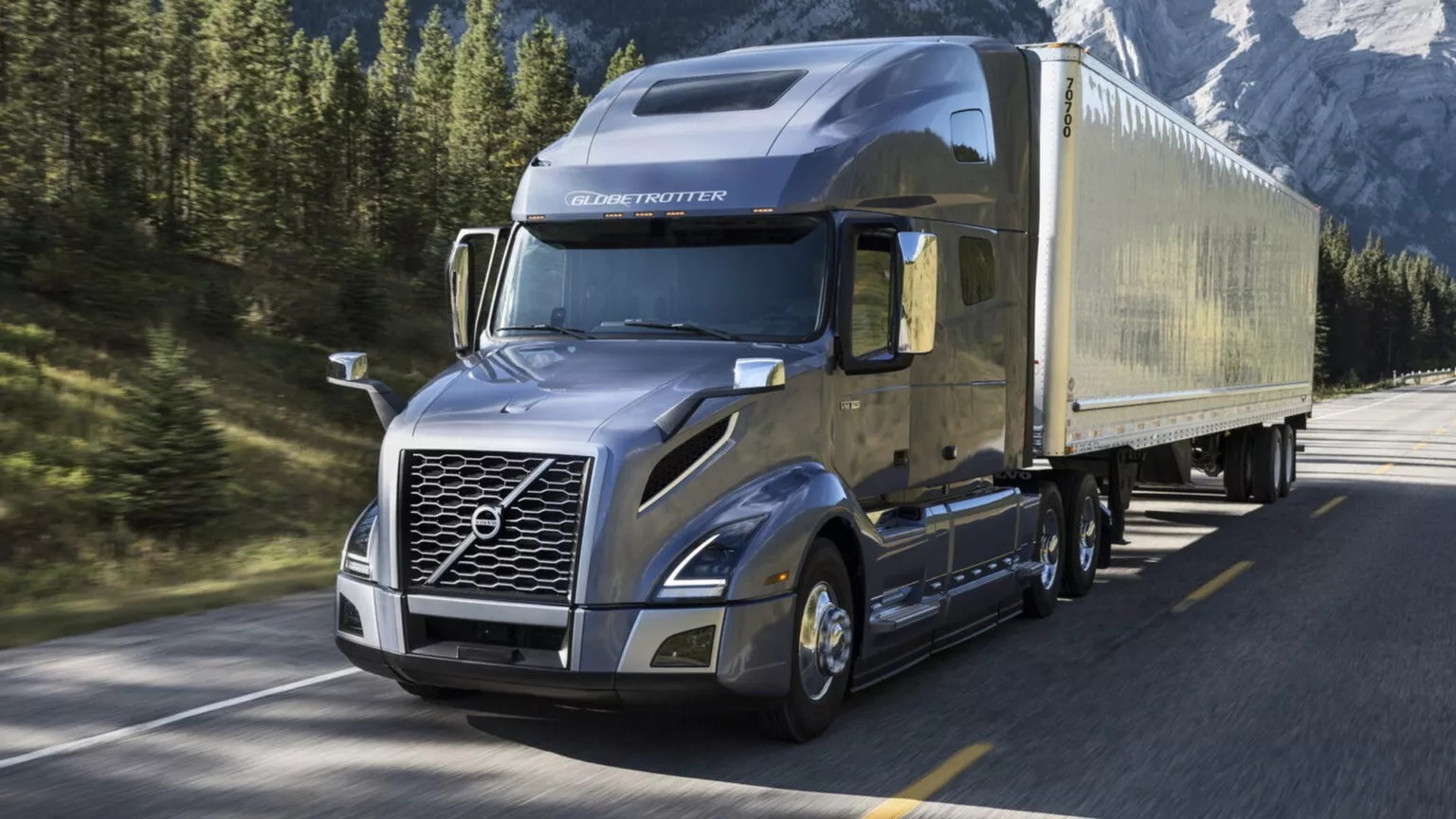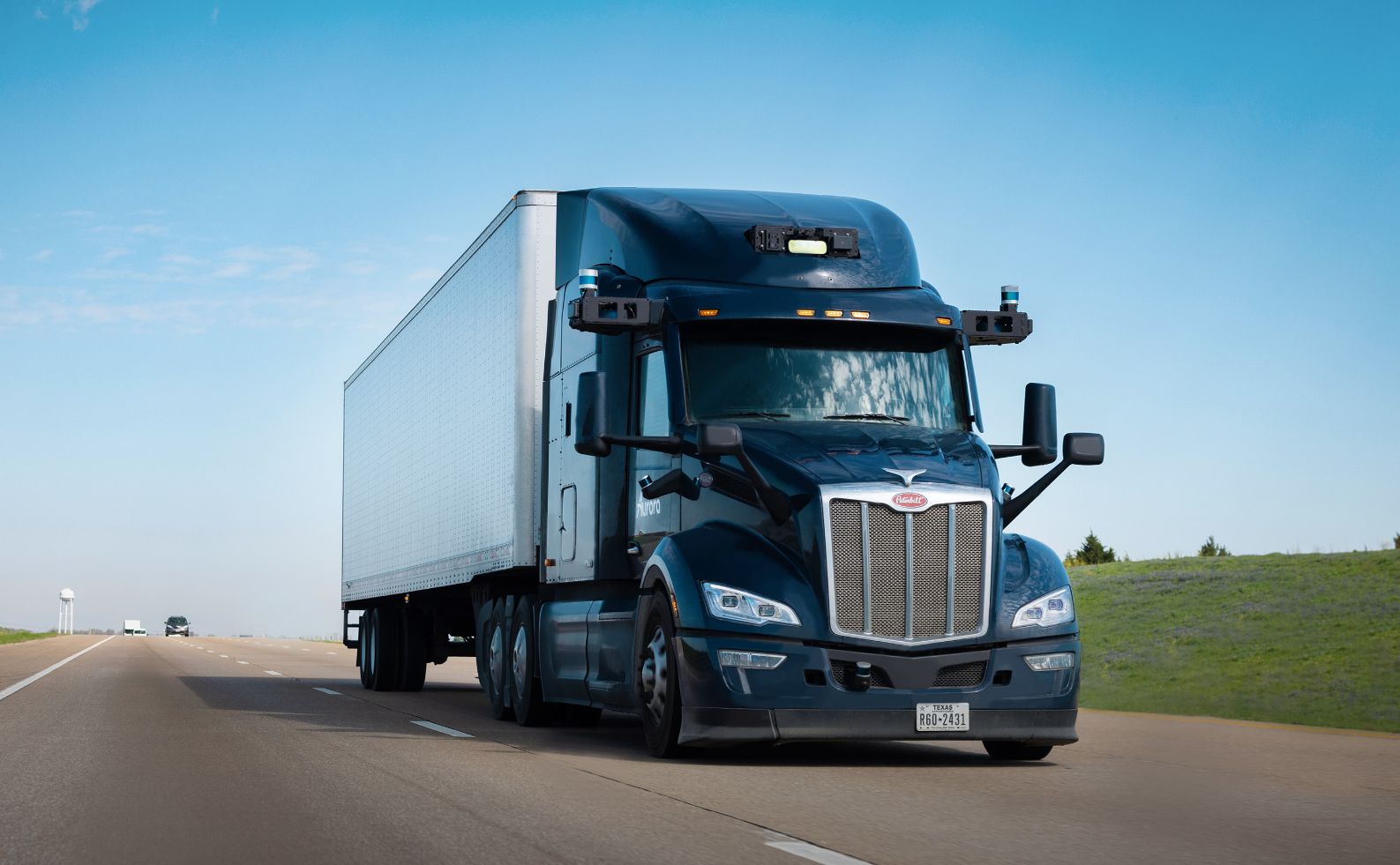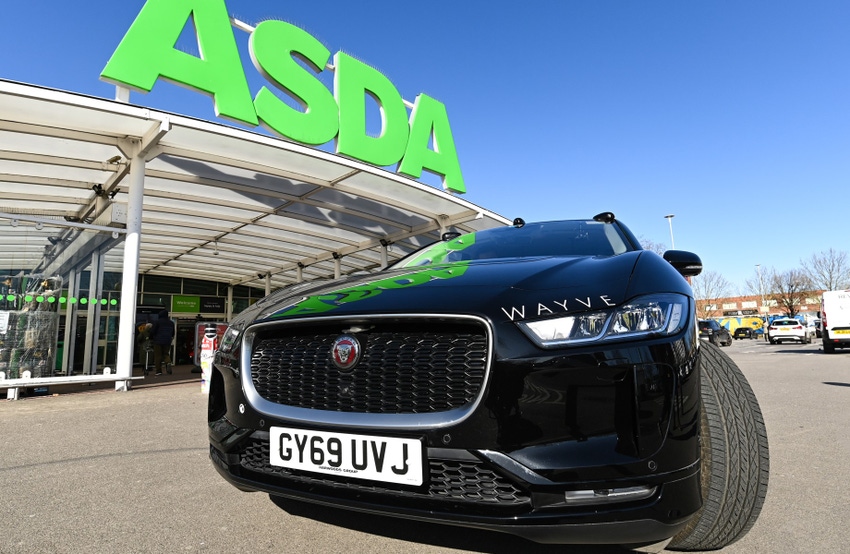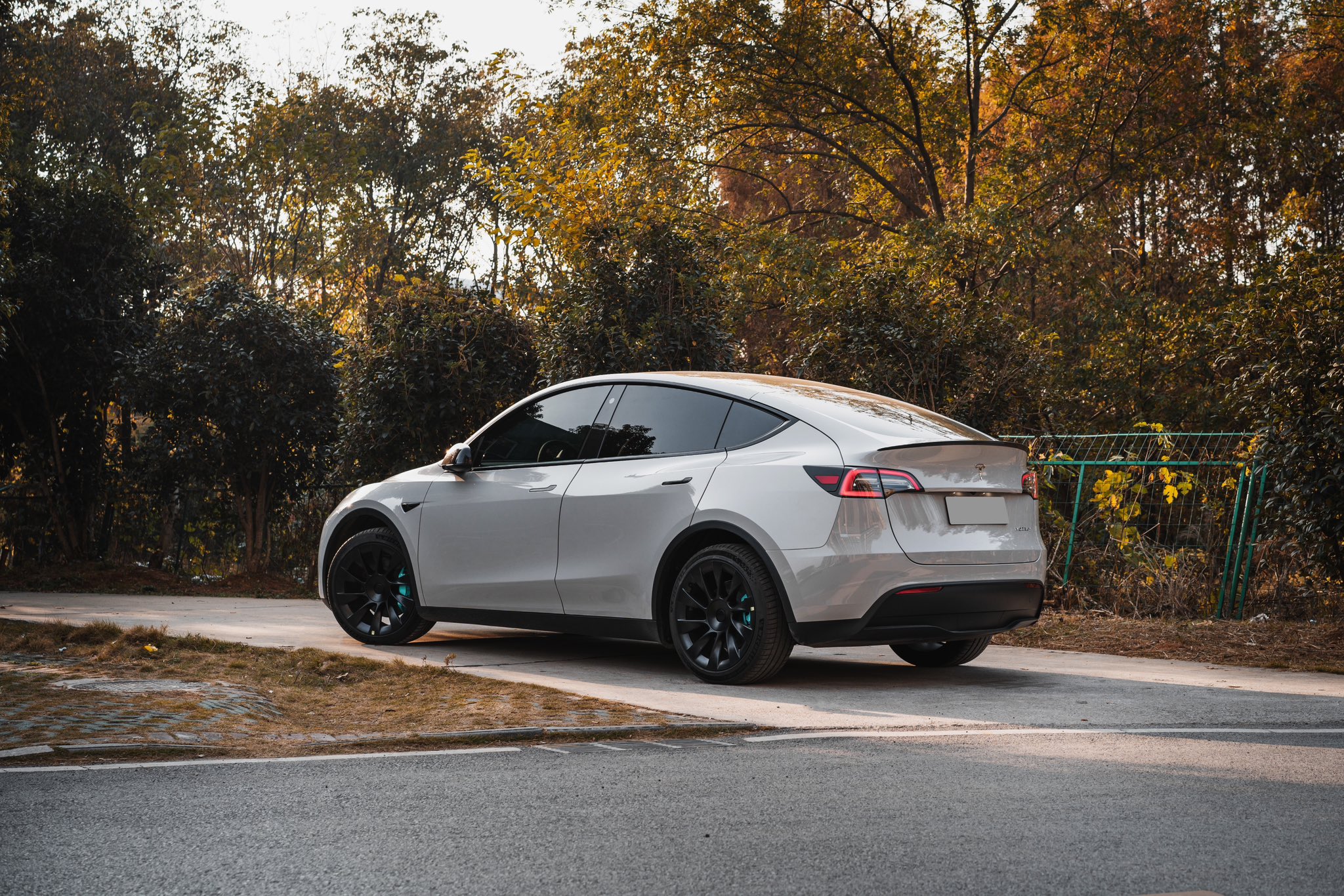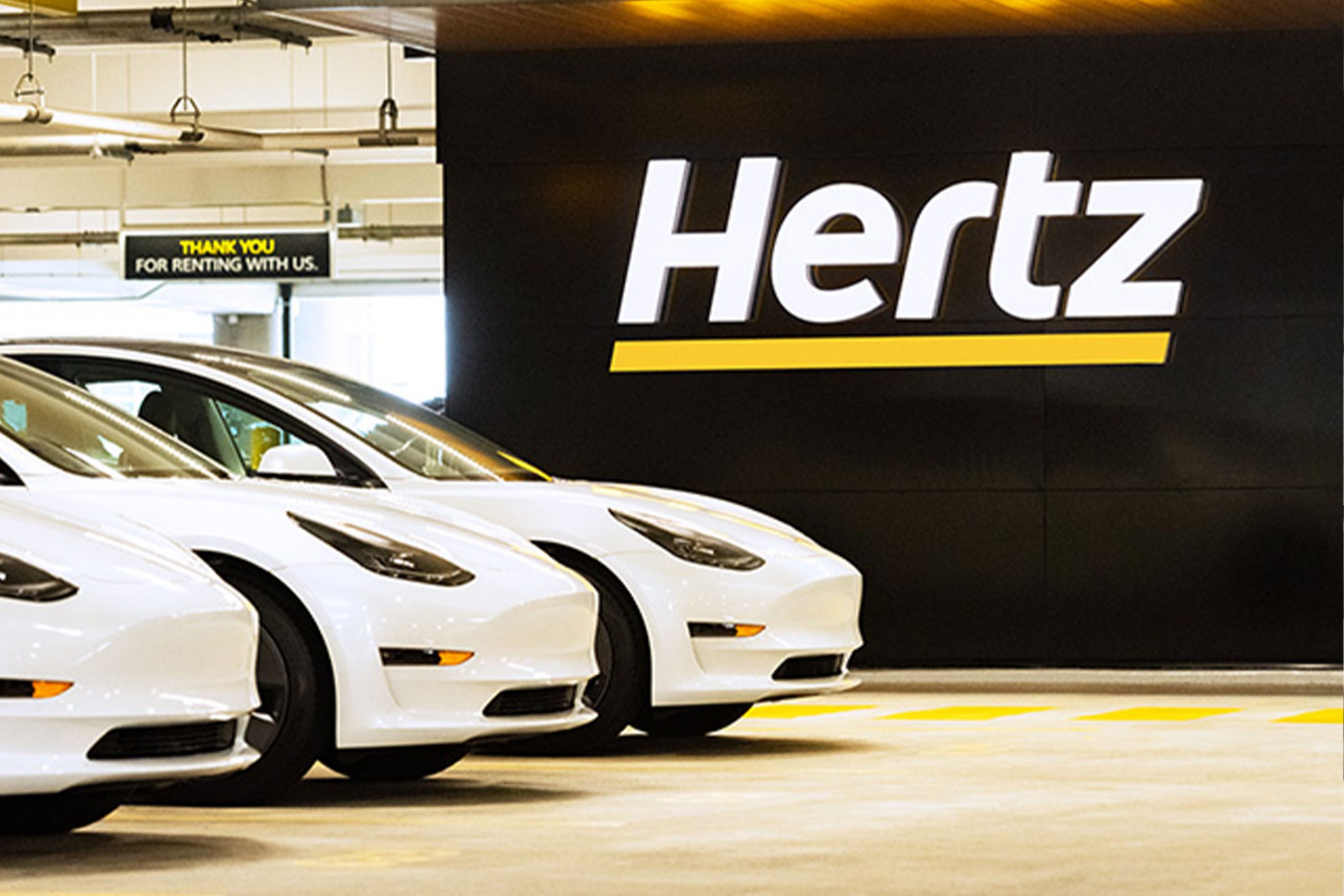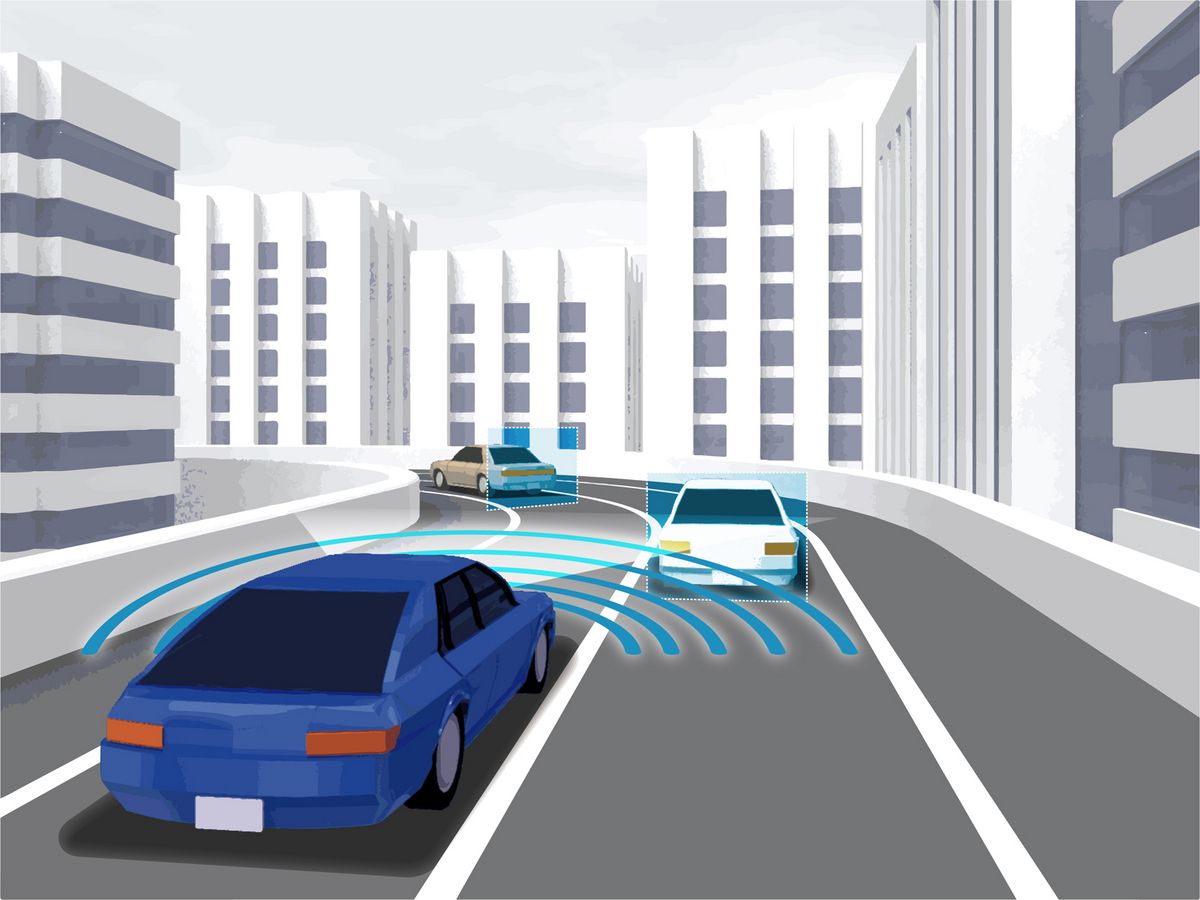California is intensifying its efforts to reduce emissions from trains and heavy-duty trucks by minimizing reliance on fossil fuels. The state has implemented new regulations customized for each industry, featuring ambitious goals that extend until the mid-2040s, with some measures already taking effect this year and impacting expenditure.
On April 27th, the California Air Resources Board (CARB) sanctioned these new rules. The initial regulation, titled Advanced Clean Fleets, focuses on heavy-duty trucks and entails a prohibition on the sale of diesel-powered semi trucks by 2036. Moreover, it mandates that all trucks operating in California must be zero-emission vehicles after 2042.
Today, @AirResources approved regulations to end the sale of combustion trucks in California by 2036, paving the way to 100% zero-emission trucks on the roads by 2045.
California is now another step closer to achieving healthier neighborhoods and cleaner air for all. pic.twitter.com/1vcdCvlMac
— California Governor (@CAgovernor) April 28, 2023
CARB predicts that these measures will ultimately lead to $26.5 billion in savings due to reduced expenses associated with health issues caused by pollution. Additionally, by 2050, fleet owners are expected to save approximately $48 billion due to decreased operating costs. These regulations apply to both public and private fleet operators, encompassing last-mile delivery vehicles, big rigs, and even postal vehicles.
The rule pertaining to trains is referred to as the In-Use Locomotive Regulation. CARB emphasizes that the operational emissions of a single train are more detrimental than those produced by 400 heavy-duty trucks. To address this concern, the regulation introduces various new rules.
Firstly, under the In-Use Locomotive Regulation, operators will be required to contribute to a spending account based on the emissions they generate while operating within the state. Furthermore, industrial and passenger trains manufactured in or after 2030 must operate in zero-emission configurations while in California, aiming to minimize emissions from the transportation sector.
The same regulation applies to freight line haulers, commencing in 2035. CARB argues that reducing the number of outdated trains will yield substantial long-term health benefits.
According to CARB, “The reduced nitrogen oxide and diesel particulate matter – of which there is no known safe level of exposure – will bring an estimated $32 billion in health savings by preventing 3,200 premature deaths and 1,500 emergency room visits and hospitalizations.”
CARB Chair Liane Randolph stated, “Locomotives are a vital component of California’s transportation network, and it’s crucial that they contribute to addressing pollution and improving air quality. With the new regulation, we are progressing toward a future where all transportation operations in the state will be emissions-free.”
However, not everyone supports the approach of emissions reduction in this manner. Following the approval of the regulation, the Association of American Railroads expressed its dissent, stating, “There is no clear path to zero emissions locomotives. Mandating that result ignores the complexity and interconnected nature of railroad operations and the reality of where zero emission locomotive technology and the supporting infrastructure stand.”
A truck driver interviewed by the LA Times shared his mixed feelings. Enrique Rivas said, “I spend my entire day in a truck, especially at the ports. I know what it’s like to breathe in diesel exhaust all day long. There are many of us out here, owner-operators striving to achieve the American dream and run our own small businesses.”
“I hope you guys consider us because there are a lot of us,” Rivas added. “Just remember that if trucks cease to operate, everything comes to a halt. … I’m in favor of the changes, but I hope you can provide us with a little more time because implementing all these measures is costly.”

